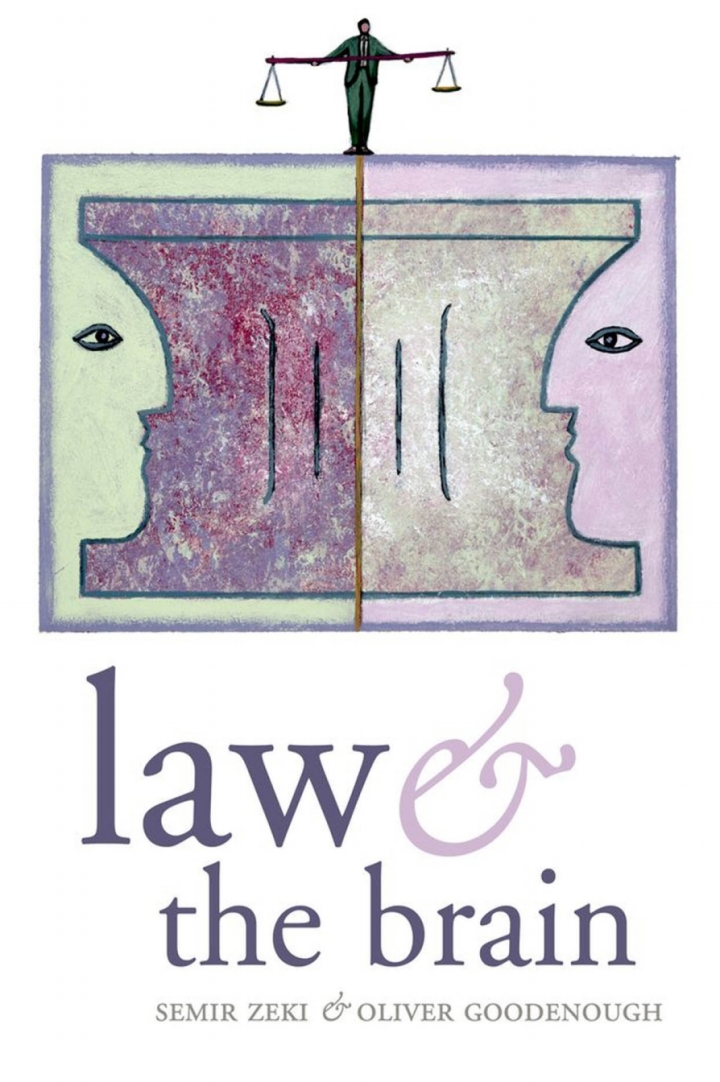Law and the Brain 1st Edition
$26.98
Attention: This is just ebook, Access Codes or any other Supplements excluded! / File Delivery: Sent Via Email within 24 hours!
SKU: 79dbab19caed
Category: Law Textbooks
Description
-
Author(s)Semir Zeki; Oliver Goodenough
-
PublisherOUP Oxford
-
FormatPDF
-
Print ISBN
9780198570110, 0198570112 -
eText ISBN
9780198570110, 0198570112 -
Edition1st
-
Copyright
- Details
The past 20 years have seen unparalleled advances in neurobiology, with findings from neuroscience being used to shed light on a range of human activities – many historically the province of those in the humanities and social sciences – aesthetics, emotion, consciousness, music. Applying this new knowledge to law seems a natural development – the making, considering, and enforcing of law of course rests on mental processes. However, where some of those activities can be studied with a certain amount of academic detachment, what we discover about the brain has considerable implications for how we consider and judge those who follow or indeed flout the law – with inevitable social and political consequences. There are real issues that the legal system will face as neurobiological studies continue to relentlessly probe the human mind – the motives for our actions, our decision making processes, and such issues as free will and responsibility. This volume represents a first serious attempt to address questions of law as reflecting brain activity, emphasizing that it is the organization and functioning of the brain that determines how we enact and obey laws. It applies the most recent developments in brain science to debates over criminal responsibility, cooperation and punishment, deception, moral and legal judgment, property, evolutionary psychology, law and economics, and decision-making by judges and juries. Written and edited by leading specialists from a range of disciplines, the book presents a groundbreaking and challenging new look at human behaviour.
Related products
-

A Casebook on Roman Family Law
Rated 0 out of 5$28.60 Add to cart -

Africa’s International Investment Law Regimes 1st Edition
Rated 0 out of 5$61.75 Add to cart -

A Measure of Freedom
Rated 0 out of 5$29.25 Add to cart -

Atiyah’s Introduction to the Law of Contract 6th Edition
Rated 0 out of 5$30.88 Add to cart

